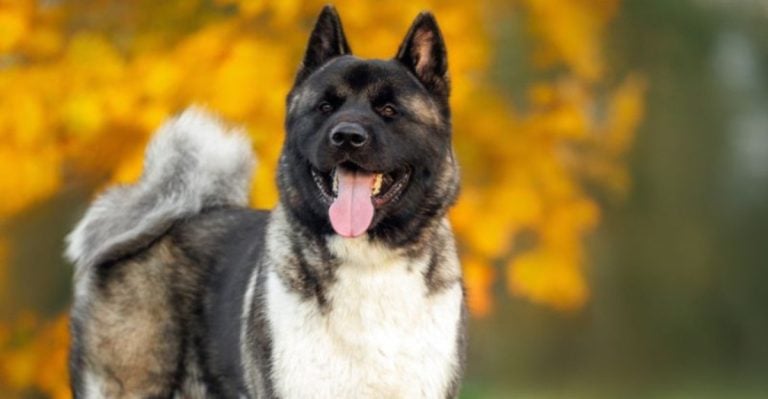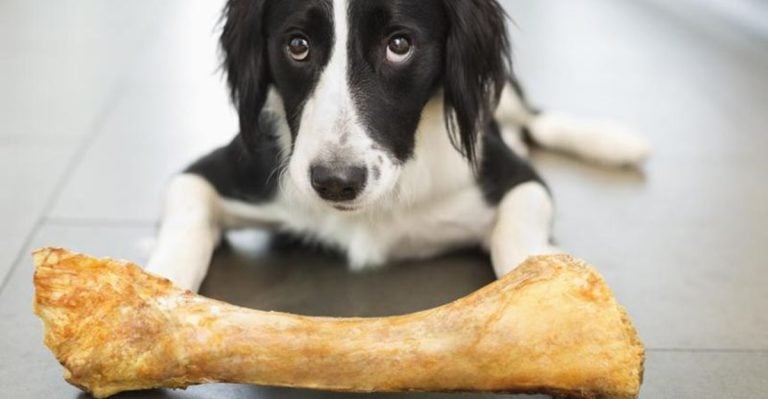These 9 Foods Might Seem Harmless—But They’re Toxic to Dogs
As dog lovers, we all want to spoil our furry friends with treats and table scraps—especially when they give us those irresistible puppy eyes.
But what seems like a harmless bite of human food can actually lead to serious health problems, or even an emergency vet visit.
Many everyday ingredients we enjoy are dangerous, even deadly, to dogs. And some might surprise you. From fruits that cause kidney failure to sweeteners that can shut down a dog’s liver, it’s crucial to know what to avoid.
Feeding your pup the wrong thing, even just once, can have heartbreaking consequences.
This guide breaks down the nine most dangerous foods that should never land in your dog’s bowl—no matter how much they beg. Protect your pet’s health by staying informed and keeping these harmful foods far out of paw’s reach.
1. Chocolate
It’s widely known that chocolate is toxic to dogs, but many pet owners still underestimate the danger. The problem lies in theobromine, a compound that dogs can’t metabolize efficiently.
Even a small amount can lead to vomiting, diarrhea, increased heart rate, tremors, or seizures.
Dark chocolate and baking chocolate have higher concentrations and are the most dangerous. While milk chocolate is less potent, it can still be harmful in large enough quantities.
No form of chocolate is safe for dogs, including treats flavored with cocoa powder. If your dog accidentally eats chocolate, contact your vet immediately—waiting could make symptoms worse.
Better to keep it locked away in a high cupboard than risk a panicked trip to the emergency vet.
2. Grapes and Raisins
You might think grapes and raisins are healthy snacks, but they’re dangerously toxic to dogs. Ingesting even a few can lead to sudden kidney failure, and not all dogs need a large amount to experience a serious reaction.
Symptoms like vomiting, lethargy, and loss of appetite can appear within hours. What makes this even more troubling is that the exact toxic agent in grapes and raisins remains unknown.
That means there’s no way to predict how your dog will react or how much is too much—it’s always a risk.
Whether raw, baked into cookies, or found in trail mix, these fruits should be completely off-limits. If your dog eats any amount, it’s a veterinary emergency.
3. Onions and Garlic
Onions, garlic, leeks, and chives—all part of the allium family—are toxic to dogs in any form. Cooked, raw, powdered, or dehydrated, they contain compounds that damage red blood cells and can cause anemia.
What’s worse, the symptoms may not appear right away. You might not notice weakness, pale gums, or elevated heart rate for a few days, by which point the damage could already be serious.
Garlic is even more concentrated and dangerous than onions, making it especially risky in seasoning blends or leftovers. Even small amounts over time can build up and harm your pet. It’s safest to keep all alliums entirely out of your dog’s diet.
4. Avocado
While trendy in human diets, avocado can spell trouble for dogs. It contains persin, a fungicidal toxin that’s mostly harmless to humans but can cause gastrointestinal upset and more severe issues in dogs.
Although dogs are generally less sensitive to persin than birds or horses, the pit poses another risk: choking or intestinal blockage. Some dogs have also been known to develop pancreatitis from avocado’s high fat content.
Every part of the fruit—the skin, flesh, and especially the pit—should be kept away from your pet. If your dog sneaks a bite, monitor them closely for vomiting or diarrhea and call your vet if symptoms appear.
5. Xylitol (Found in Sugar-Free Products)
Xylitol is an artificial sweetener found in sugar-free gum, candy, peanut butter, baked goods, and even some dental products. It’s extremely toxic to dogs—even tiny amounts can trigger a dangerous drop in blood sugar.
Symptoms can appear within minutes and include vomiting, staggering, weakness, and even seizures. In some cases, xylitol poisoning leads to liver failure, which can be fatal if untreated.
The danger lies in how dogs process xylitol: their pancreas mistakes it for sugar and floods their body with insulin.
Always check ingredient labels on packaged foods, especially if you use peanut butter to give your dog pills. One slip could be life-threatening.
6. Cooked Bones
Giving your dog a bone may sound natural, but cooked bones are a serious hazard. Once heated, bones become brittle and prone to splintering. These sharp fragments can pierce your dog’s mouth, throat, or intestines.
Even if they manage to swallow pieces, they can suffer from painful blockages or internal injuries. Cooked chicken, pork, and beef bones are all risky, especially when small enough to chew quickly.
Raw bones are safer in some cases, but only when given under supervision and from a trusted source. Instead of table scraps, stick with specially designed chew toys or vet-approved rawhide alternatives.
7. Alcohol
No amount of alcohol is safe for dogs—not in beer, wine, spirits, or food cooked with alcohol. Even small sips or scraps can result in ethanol poisoning, especially for smaller breeds.
Dogs are far more sensitive to alcohol than humans. Exposure can lead to vomiting, disorientation, difficulty breathing, tremors, or even coma. Cooking doesn’t always eliminate all alcohol content, making certain recipes still risky.
Accidental ingestion from party spills or discarded cups happens more often than you’d think. Keep alcoholic drinks and infused foods far out of reach, and never give your dog a taste “for fun.” It’s not funny—it’s dangerous.
8. Macadamia Nuts
Macadamia nuts might be a delicious treat for you, but they’re toxic to dogs. Ingesting just a few can cause weakness, tremors, vomiting, and fever. Some dogs also exhibit hind leg paralysis and difficulty walking.
Although the exact toxic compound remains unknown, the reaction can be quite severe and may take up to 12 hours to appear. Fortunately, most dogs recover fully with prompt care, but it’s not something to take lightly.
Macadamia nuts often show up in cookies and snack mixes, so be cautious about what’s left on counters or coffee tables. When it comes to dogs and nuts, it’s better to err on the side of safety.
9. Caffeine (Coffee, Tea, Energy Drinks)
Dogs don’t handle caffeine well, and it affects their system far more intensely than ours. Found in coffee, tea, soda, and energy drinks, caffeine stimulates their heart and nervous system in dangerous ways.
Just a few sips or some spilled grounds can lead to restlessness, hyperactivity, vomiting, increased heart rate, and even seizures. Some dogs may experience symptoms for hours, and severe cases can be life-threatening.
Caffeine is also present in chocolate and some over-the-counter medications, so always check the label before giving your dog anything new. Keep mugs, cans, and teabags away from curious paws to prevent a caffeine catastrophe.















